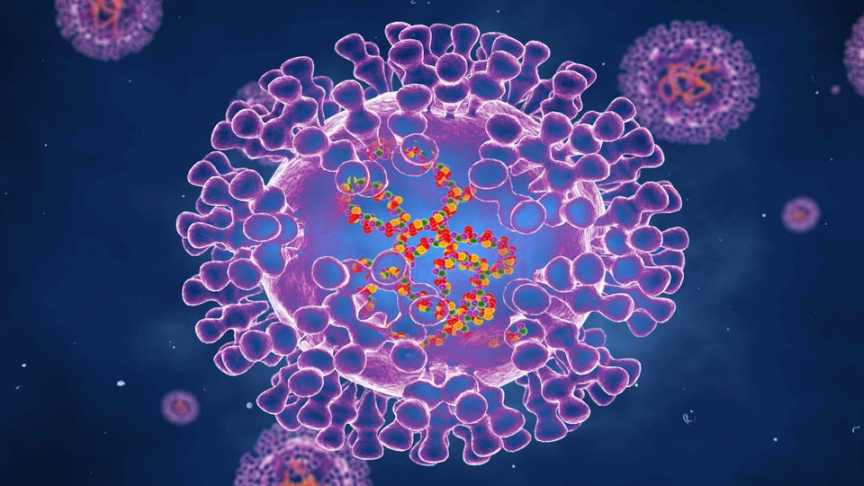The WHO will refer to monkeypox as “mpox.” Both terms will be used concurrently for one year as monkeypox is eliminated. Xavier Becerra, US Secretary of Health and Human Services, praised the announcement. “We must remove barriers to public health, and removing the stigma associated with the disease is important to our attempts to eradicate mpox.” The International Classification of Diseases lets the WHO rename diseases. It refrains from associating diseases and viruses with nations, regions, animals, or ethnic groupings. WHO will use mpox in its communications and encourages others to do similarly to reduce the negative impact of the present name. The one-year transition period prevents confusion caused by a name change during a global outbreak. This year, the WHO reported 81,107 confirmed cases and 55 deaths from 110 countries. 97% of individuals infected were male, with a median age of 34, and 85% had sexual contact with other men, according to the WHO’s case dashboard. Brazil (9,905), Spain (7,405), France (4,107), Colombia (3,803), Great Britain (3,720), Germany (3,672), Peru (3,444), Mexico (3,292), and Canada (3,292) have the most impacted people. 86% of global cases are theirs. Twelve instances of mpox have been documented in Thailand. The latest, a 25-year-old male from Oman, landed in Thailand on October 3 and traveled to Phuket with three pals the next day. The illness has spread throughout West and Central Africa since 1970. To avoid prejudice and stigma, the WHO is calling monkeypox mpox.
Media coverage of the May outbreak concerned the UN. The UN said the announcement “supported homophobic and racial sentiments and worsened stigmatization.” Following the current outbreak among sexually active men, the WHO has warned that anyone can get monkeypox. In May, the disease, which causes fever, muscle aches, and big boil-like skin lesions, spread rapidly, raising concerns of a pandemic. On July 23, the WHO declared the monkeypox outbreak a PHEIC, its highest alert level. Covid-19 did not pandemic. The WHO reported racist and stigmatizing rhetoric during the monkeypox pandemic earlier this year. Earlier this year, in response to a public survey, the WHO received nearly 200 proposed disease names. REZO, a men’s health organization, advised changing the word to mpox or Mpox and removing media depictions of monkeys to make the condition more severe. The WHO calls monkeypox mpv. For one year after monkeypox elimination, both labels will be used.

To prevent racist perceptions, WHO renamed monkeypox
More from ThailandMore posts in Thailand »
- Top 20 Cannabis Shops: Where to Buy Weed in Sakon Nakhon Vol 1, 2024
- Top 20 Cannabis Shops: Where to Buy Weed in Lamphun Vol 1, 2024
- Top 20 Cannabis Shops: Where to Buy Weed in Loei Vol 1, 2024
- Top 20 Cannabis Shops: Where to Buy Weed in Ranong Vol 1, 2024
- Top 20 Cannabis Shops: Where to Buy Weed in Kalasin Vol 1, 2024
- Top 20 Cannabis Shops: Where to Buy Weed in Phitsanulok Vol 1, 2024
- Top 20 Cannabis Shops: Where to Buy Weed in Chiang Rai Vol 1, 2024
- Huione Pay Scam: AMLO to Return 46.18 Million Baht — Victims Must Claim by 17 March 2026
- Cambodian Trenches Near Trat Border Opposite Thai Positions
- Top 20 Cannabis Shops: Where to Buy Weed in Trang Vol 1, 2024
- Top 20 Cannabis Shops: Where to Buy Weed in Prachin Buri Vol 1, 2024
- 230,000 Meth Pills Found in Roadside Sack in Chachoengsao

















Be First to Comment